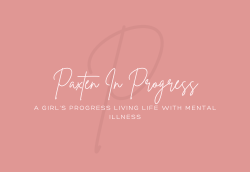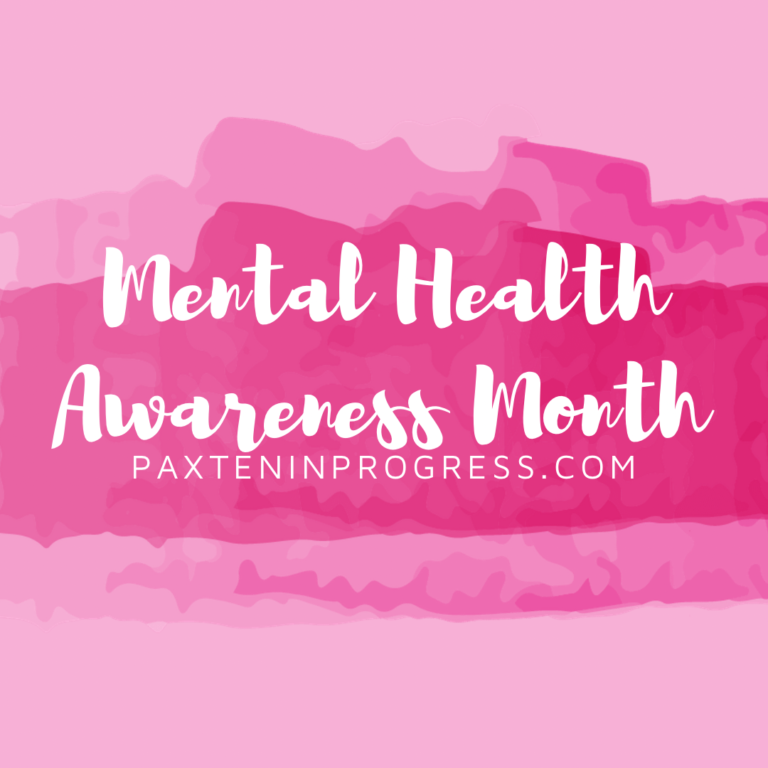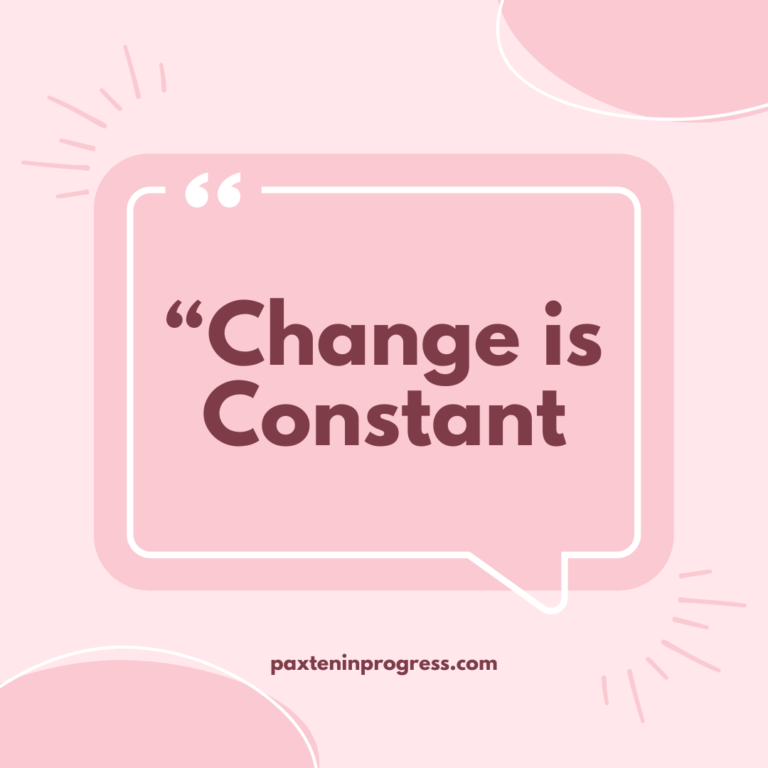What is Depression? An Overview
The American Psychiatric Association defines depression as “a common and serious medical illness that negatively affects how you feel, the way you think, and how you act.” The definition is so broad because depression is different for every person who suffers from it. People experience different symptoms, different types of depression, and therefore need different treatments. Depression is not a one size fits all illness.
A person who is suffering from depression will probably experience some of the common symptoms such as feeling tired, feeling hopeless or worthless, and losing interest in things that once brought that person joy. A person could also experience some uncommon symptoms of depression such as hallucinations, physical pain in the stomach or head with no known cause, and memory loss. These different symptoms help professionals identify what type of depression a person is suffering from.
There are many different forms of depression that a person could be suffering from. It is up to a Psychiatrist to accurately diagnose a person based on their symptoms. Some forms of depression that you might be familiar with are major depression, postpartum depression and seasonal affective disorder. Major depression is a severe form of depression that noticeably affects the everyday life of the person suffering from it. This includes more common symptoms of depression, but can also lead to severe symptoms of depression such as thoughts of harming oneself or thoughts of suicide. Postpartum depression occurs after childbirth and can be identified by common symptoms of depression, plus more severe symptoms such as extreme mood swings and difficulty bonding with the newborn child. Seasonal Affective Disorder is a form of depression that aligns with the changes of season. Symptoms of depression usually start in the fall and continue through winter, before going away in the spring and summer months. These are just examples of types of depression.
The type of treatment that a person receives will depend on what type of depression they are suffering from and what their mental healthcare provider thinks is best for them. A primary doctor or psychiatrist may prescribe medication based on the information the person has given them. Medication may also be combined with talk therapy or a person might participate in talk therapy with no medication. There are different types of therapy based on a person’s diagnosis. Another type of treatment includes hospitalization or residential care. This treatment is typically used in severe cases where a person is having trouble taking care of themselves everyday or is in danger of hurting themself or someone else.
Like I said earlier, depression isn’t a one size fits all illness. A person’s diagnosis can even change over time. I hope you learned something about the symptoms, types, and treatments of depressions. I plan to talk about these things more in future blog posts. If there is anything specific you would like me to go more in depth on then please let me know!
Disclaimer: I am not a medical or mental health professional. This is all based on my own experience and research I do on my own time. If you or someone you know may be suffering from a mental illness please be proactive and seek help from a licensed professional! If you are in my area and would like recommendations or if you would like help finding a professional in your area then please let me know and I will help in any way I can.


